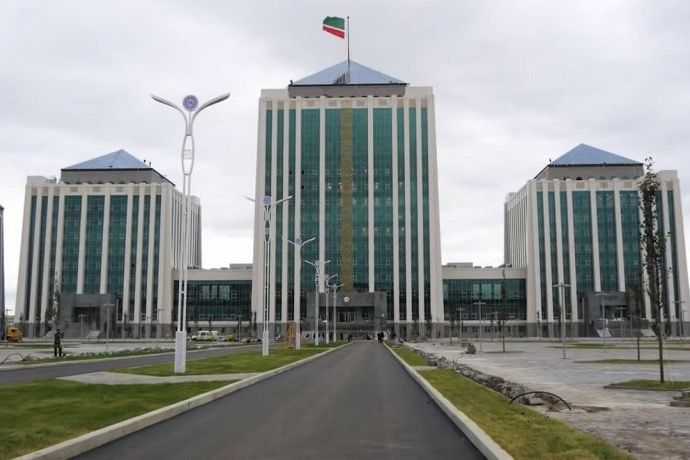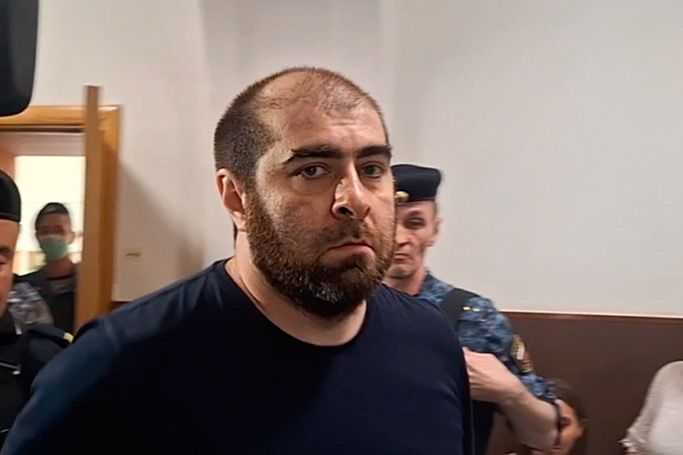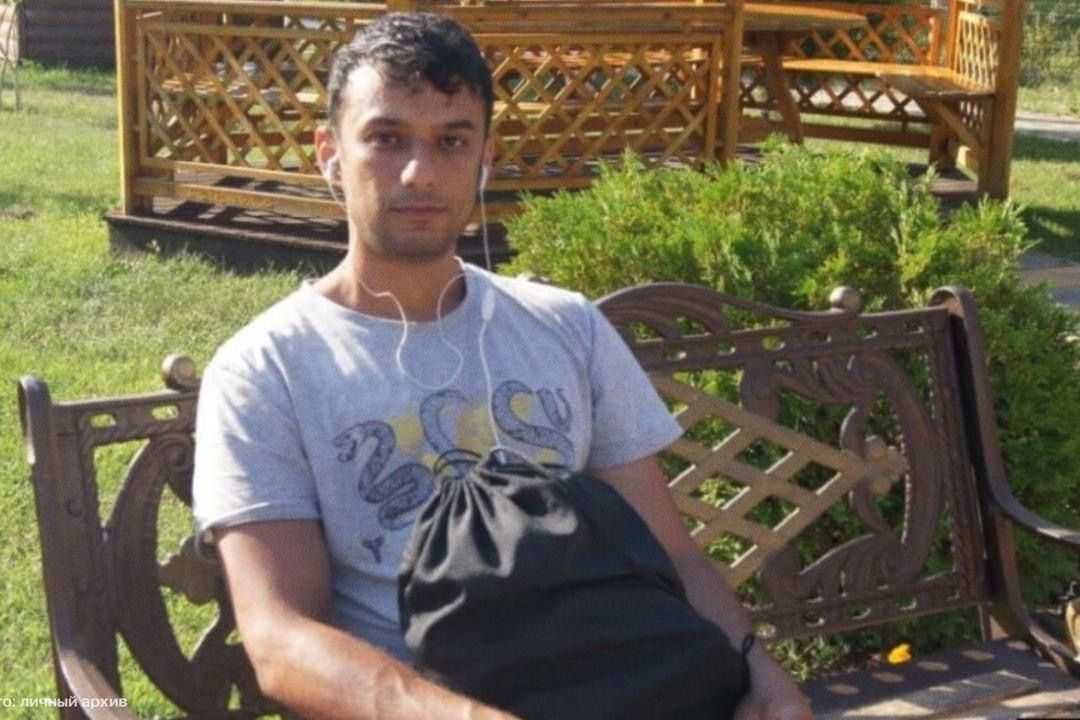
Ukraine’s parliament has registered a bill ‘on interaction with national movements of colonial peoples of the Russian Federation’, which calls for greater support for such movements.
The bill, authored by 82 MPs from a variety of factions and groups led by a ‘Temporary Special Commission’, was submitted on 15 July, and is currently being considered by a parliamentary committee.
The bill will concern ‘Chechens, Tatars, Udmurts, Tuvans, Buryats, Bashkirs and dozens of other peoples’, MP Yaroslav Yurchishin wrote in his Telegram channel.
MP Volodymyr Vyatrovich, the secretary of the Temporary Special Commission, stated that the bill would define the ‘specific tasks of Ukrainian ministries and departments in interaction with national movements of peoples enslaved by Russia’, including promoting the development of their cultures, languages, and media, but also relating to military groups from those regions active in the Ukrainian defence forces.
Oleksiy Goncharenko, a Ukrainian MP and head of the parliament’s For a Free Caucasus Committee, who is also a co-author of the new bill, told OС Media that the bill was focused on supporting national movements in the Russian Federation.
‘The specificity of it is to build the foundations of state policy regarding national movements in Russia. This country is a prison of peoples, we must support the peoples who are under the colonial policy of the Russian Federation’, said Goncharenko.
‘Decolonisation and de-imperialisation of Russia is an important component of our victory. The peoples that Russia is trying to suppress must be free’, added Goncharenko.
The text of the bill refers to ‘the desire of dependent peoples for freedom and the decisive role of these peoples in achieving their independence’.
It adds that its tasks and goals will be based on the provisions of the UN’s ‘Declaration on the Granting of Independence to Colonial Countries and Peoples’.
‘The project sets two key objectives: [first is] comprehensive support for the national movements of the colonial peoples of the Russian Federation, promoting their institutionalisation (including through the formation of national or regional representative bodies)’, said Goncharenko. ‘The second is to promote the creation of conditions for holding democratic elections and renewal of public administration, international recognition of sovereign states of colonial peoples based on the fundamental principles of the UN, their political and economic capacity, development of state institutions, economic growth, environmental responsibility, ensuring the rule of law, respect for human rights, [and] peace.’
The bill’s main principles include colonial peoples’ self-determination and the inadmissibility of justifying the crimes of the colonial regime.
In October 2022, the Ukrainian Parliament recognized the Chechen Republic of Ichkeria as an independent state ‘temporarily’ occupied by Russia, and also condemned ‘the commission of genocide against the Chechen people’. In February, it adopted a resolution recognising the right of the Ingush people to create an independent state and condemning the mass deportation of Ingush by Russia in 1944.








